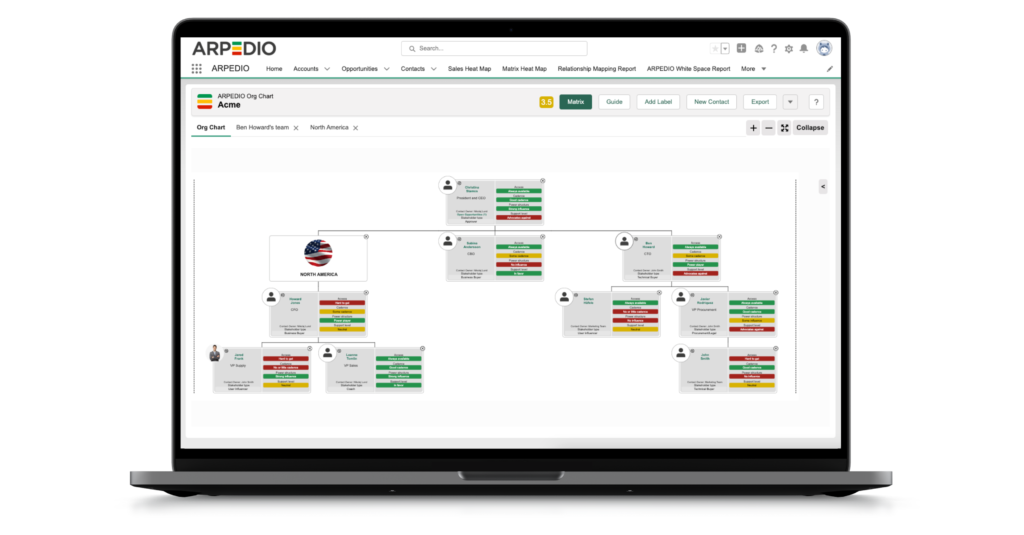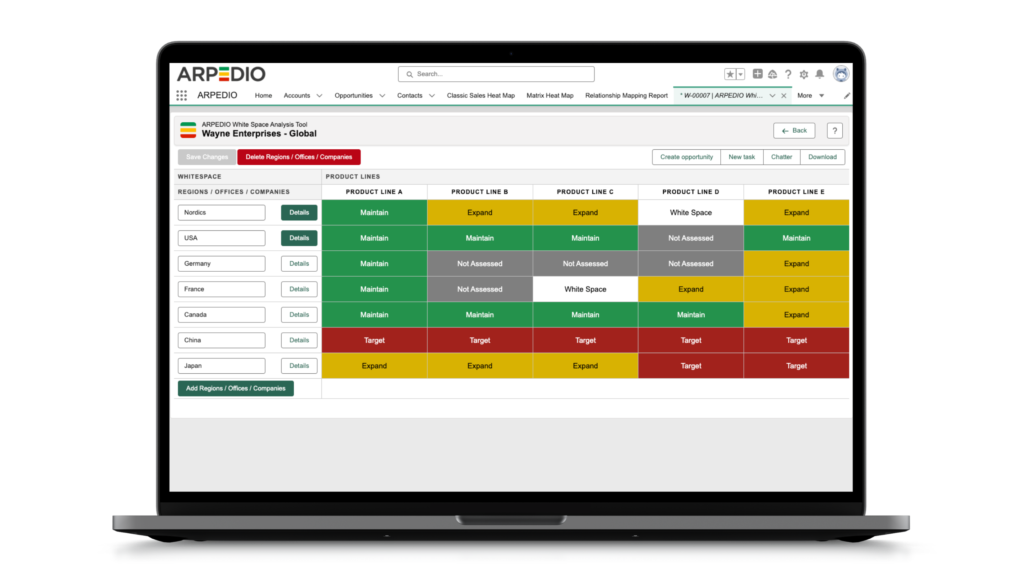10 Key Points to Master Effective Communication in Account Management
In the realm of account management, effective communication stands as the cornerstone of success. It goes beyond conveying information; it’s about building lasting relationships, understanding client needs, and navigating challenging conversations. Join us as we unveil 10 key points essential for comprehending and mastering the multifaceted role of communication in account management.
Table of Contents
1) Understanding the crucial role of communication in Account Management
Communication acts as the backbone of the entire account management process, ensuring that both account managers and clients are on the same page. Whether it’s negotiating terms, discussing strategies, or addressing concerns, the quality of communication profoundly influences the dynamics of the client-manager relationship. Therefore, understanding how communication shapes the entire account management process is essential for success.
2) Building strong client relationships through communication
Building robust client relationships requires more than transactional exchanges – you need a strategic approach to communication. Transparency, openness, and reliability are the cornerstones of meaningful connections. By consistently delivering clear messages and actively involving clients in decision-making processes, account managers can create an atmosphere of trust. Frequent, genuine communication fosters rapport and lays the foundation for a partnership that goes beyond mere transactions.
3) Active listening and understanding customer needs
Active listening is a skill that transforms ordinary communication into a powerful tool for understanding customer needs. It involves not just hearing words but truly comprehending the underlying emotions and motivations. Account managers who master active listening can anticipate challenges, address concerns before they escalate, and respond with empathy. This skill is particularly crucial in deciphering unspoken cues and tailoring solutions that genuinely meet the client’s requirements.
4) Tailoring communication styles to different clients
Recognize that one size does not fit all when it comes to communication. Skilled account managers must be adept at recognizing and adapting to the diverse communication styles of their clients. Some clients may prefer detailed reports and formal updates, while others may prefer quick, informal messages. Understanding these nuances enables account managers to tailor their communication approach, ensuring that each client feels understood and valued.
Ready to track your engagement with key accounts?
5) Handling difficult conversations and conflict resolution
Difficult conversations are an inevitable part of account management. Whether it’s addressing dissatisfaction, negotiating terms, or discussing unforeseen challenges, handling these situations with finesse is crucial. Effective communication in such instances involves staying composed, actively listening, and collaboratively seeking solutions. Turning conflicts into opportunities for growth strengthens the client-manager relationship and demonstrates professionalism.
6) Providing timely and transparent updates
Communication is not only about what you say but when and how you say it; timing is as crucial as the content itself. Timely and transparent communication builds client confidence. Regular updates, especially during critical phases of a project or campaign, keep clients informed and engaged. Account managers should communicate not only successes but also potential setbacks, showcasing transparency and honesty. This approach establishes a sense of partnership, and clients appreciate being kept in the loop.
7) Communicating value and success to clients
Effectively conveying the value of your services is a strategic imperative and a pivotal aspect of account management communication. By showcasing success stories, milestones achieved, and the impact of the partnership, account managers reinforce the value proposition. This not only justifies the client’s investment but also contributes to a sense of shared success, solidifying the client’s commitment to the partnership.

Track your communication cadence with key stakeholders with APEDIO’s Relationship Mapping Tool
8) Communication channels and preferences of clients
Understanding and respecting client communication preferences is key to effective interaction. Some clients may prefer email updates, while others may favor phone calls or video conferences. Account managers should identify these preferences early on and adjust their communication channels accordingly. This customization enhances the overall client experience and strengthens the client’s connection with the account manager.
9) Training account managers in effective communication
Investing in the communication skills of account managers is an investment in the success of the entire team. Training programs should cover various aspects, including active listening, conflict resolution, and tailoring communication styles. By providing ongoing training, organizations empower their account management teams to navigate diverse client interactions with confidence and professionalism.
Ready to empower account managers for long-term account development?
10) Customer feedback and communication improvement
Feedback is a powerful tool for communication improvement and a valuable resource for growth. Account managers should actively seek client feedback, both positive and constructive, to refine their communication strategies continually. Establishing a feedback loop ensures that the communication approach aligns with evolving client expectations, contributing to a culture of continuous improvement within the account management team.
Conclusion
In account management, effective communication is the bedrock upon which lasting partnerships are built, extending beyond the mere transmission of information. From fostering trust and transparency to aligning goals and expectations between account managers and clients, it plays a pivotal role in shaping the dynamics of the client-manager relationship. As we’ve explored these 10 key points, it becomes evident why mastering communication is not just a skill—it’s the cornerstone of success in the multifaceted world of account management.










